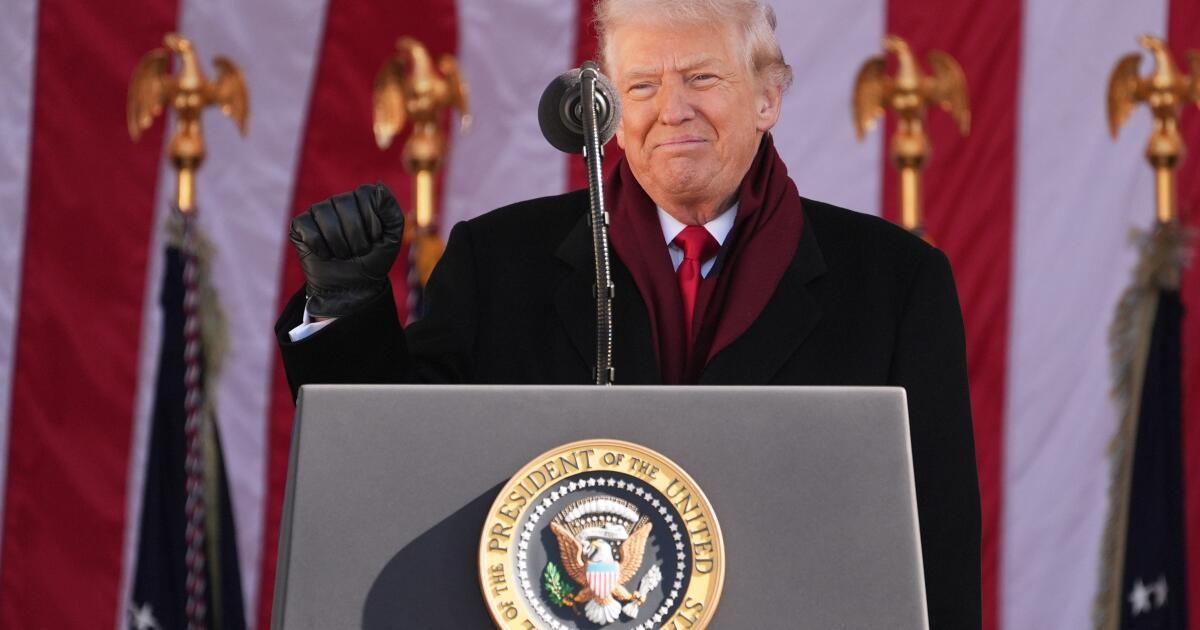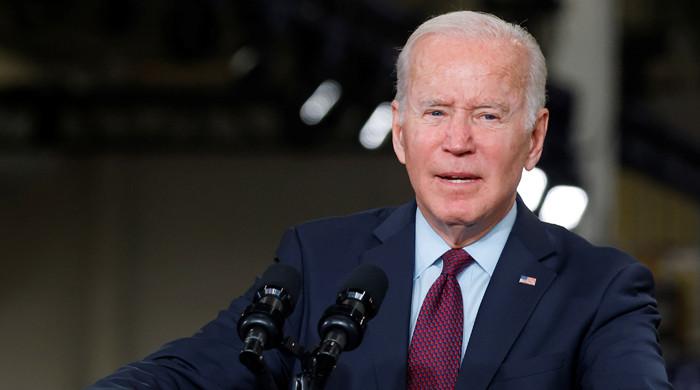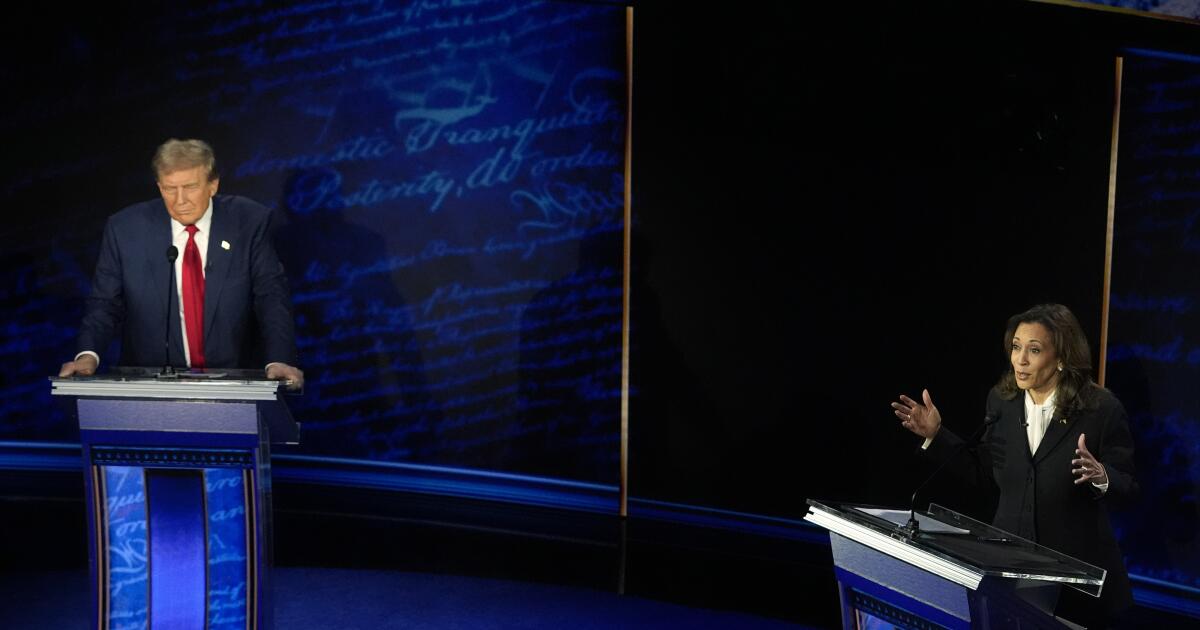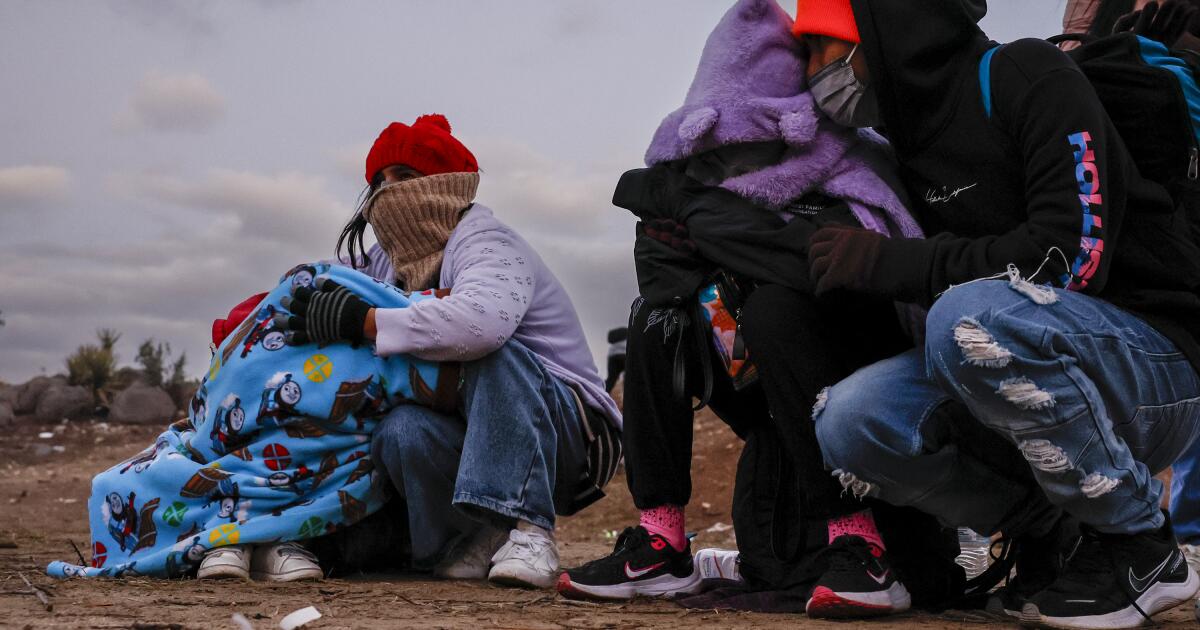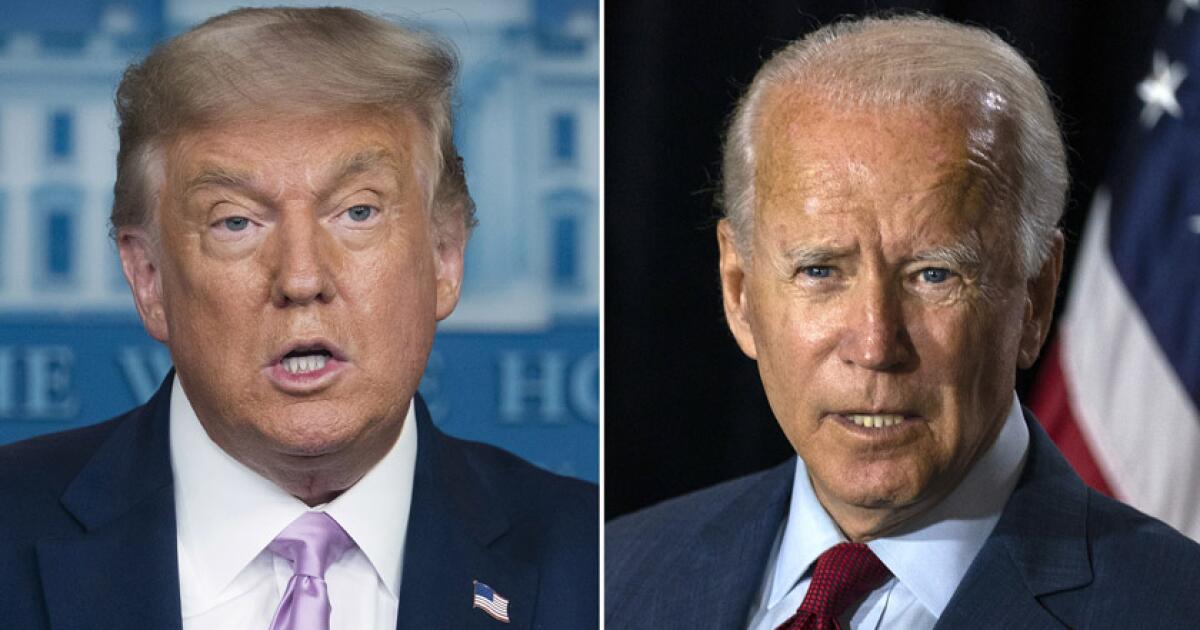WASHINGTON- President Trump and Republican lawmakers took a victory lap Tuesday after winning bipartisan support to reopen the government, ending the longest shutdown in U.S. history without ceding ground to any core Democratic demands.
House members met in Washington for a final vote scheduled for Wednesday, after 60 senators, including seven Democrats and one independent, advanced the measure Monday night. Most Democratic lawmakers in the House are expected to oppose continuing the resolution, which does not include an extension of the Affordable Care Act tax credits that had been a central demand during shutdown negotiations.
The result, according to independent analysts, is that premiums will double on average for more than 20 million Americans who use the health care marketplace, rising from an average of $888 to $1,904 for out-of-pocket payments annually, according to KFF.
Senate Democrats who voted to reopen the government said they had gotten a promise from Majority Leader John Thune, a Republican from South Dakota, that they would vote on extending the tax credits next month.
But the vote is likely to fail along partisan lines. And even if it gains some Republican support, House Speaker Mike Johnson, a Republican from Louisiana, has not promised he would vote on the measure in the House.
The end of the shutdown comes at a crucial time for the U.S. aviation industry, ahead of one of the busiest travel seasons around the Thanksgiving holiday. The prolonged federal government shutdown led large numbers of federal employees in the sector to call out sick, prompting an unprecedented directive from the Federation Aviation Administration that slowed operations at the nation's largest airports.
Lawmakers are rushing to vote before federal employees working in aviation security miss another paycheck this week, potentially spreading frustration within their ranks and causing more delays at airports heading into the upcoming holiday week.
It will be the first time the House has done legislative work in more than 50 days, a marathon period that has resulted in a backlog of work for lawmakers on a wide range of issues, from appropriations and stock trading regulations to a discharge petition calling for the release of files in the Jeffrey Epstein investigation.
“We look forward to the reopening of the government this week so that Congress can return to our regular legislative session,” Johnson told reporters on Monday. “There will be long days and long nights here for the foreseeable future to make up for all this lost time that was imposed on us.”
To reopen the government, the spending package must pass the House, where Republicans hold a slim majority and Democrats have vowed to vote against a deal that does not address health care costs.
Still, Trump and Republican leaders believe they have enough votes to push it through the House and reopen the government later this week.
Trump has called the spending package a “very good” deal and has indicated he will sign it once it reaches his desk.
At a Veterans Day event on Tuesday, Trump thanked Thune and Johnson for their work to reopen the government. Johnson was in the crowd listening to Trump's remarks.
“Congratulations to you, John and everyone on a great victory,” Trump said in a speech at Arlington National Cemetery. “We are reopening our country. It should never have been closed.”
While Trump praised the measure as a done deal, House Minority Leader Hakeem Jeffries, the chamber's top Democrat, said his party would still try to delay or derail the legislation with whatever tools it had left.
“House Democrats will strongly oppose any legislation that does not decisively address the Republican health crisis,” Jeffries said in an interview with CNN Tuesday morning.
As in the Senate, California Democrats in the House are expected to vote against the shutdown agreement because it does not address expiring health care subsidies.
Rep. Nancy Pelosi said the shutdown deal reached in the Senate “does not meet the needs of America's working families” and said she supported House Democratic leaders in opposing the legislation.
“We must continue to fight for a responsible, bipartisan path to reopening the government. and keeps health care affordable for the American people,” Pelosi said in a social media post.
Meanwhile, California Republicans in the House have criticized Democrats for trying to block passage of the funding deal.
“These extremists only care about their radical base, regardless of the impact they have on America,” Rep. Ken Calvert of Corona said in a social media post.
Rep. Kevin Kiley (R-Rocklin) publicly called on Johnson to negotiate with Democrats on health care during the shutdown. He said in an interview last month that he thought there was “a lot of room” to address concerns from both sides of the aisle about how to address rising health care costs.
Kiley said Monday that he was proposing legislation with Rep. Sam Liccardo (D-San Jose) that proposed extending the Affordable Care Act tax credits for another two years.
He said the bill would “stop the massive rise in health care costs for 22 million Americans whose premium tax credits are about to expire.”
“It's important to note that the extension is temporary and fully paid for, so it cannot increase the deficit,” Kiley said, referring to a frequent concern cited by Republicans that extending the loans would contribute to the national debt.

